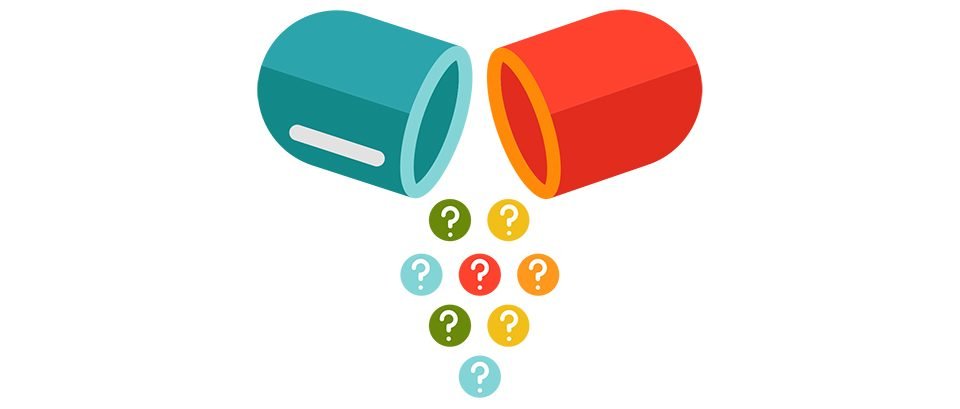
What’s Really in Your Bottle?
by Tavis Piattoly, MS, RD, LDN
A Gallup poll conducted in 2013 revealed that half of Americans take vitamins or other mineral supplements, totaling about 160 million individuals. With so many dietary and herbal supplements available, have you ever questioned whether the products you are using truly match what’s stated on their labels? Let’s explore this issue.
Unregulated Industry
A supplement is designed to “supplement” a diet. However, definitions are often vague; for instance, some energy drinks are categorized as food by the FDA (like Red Bull), while others are considered supplements due to ingredients like ginseng (like Monster). When it comes to protein powder, the marketing and classification are largely at the discretion of the manufacturer. The dietary supplement sector lacks regulation, meaning supplement companies are not required to demonstrate that their products are safe or that they accurately reflect label claims. Contamination may occur either intentionally (such as adding steroids to protein powder) or unintentionally (like cross-contamination in manufacturing). A study published in the International Journal of Sports Nutrition and Exercise Metabolism in 2015 found that 10-15% of supplements contained banned substances.
What’s Really in Your Supplements?
The New York Times reported that 80% of herbal supplements from major retailers like GNC, Target, Walgreens, and Walmart lacked any of the herbs specified on their labels. For instance, a well-known store brand of ginseng pills at Walgreens contained only powdered garlic and rice.
The University of Florida examined 22 calcium supplements and discovered that 36% of them contained the harmful metal lead, which, if ingested regularly, could cause anemia, high blood pressure, and damage to the brain and kidneys.
Furthermore, a study published in the Journal of the American Medical Association found that among the 274 dietary supplements recalled between 2009 and 2012, 67% contained one or more pharmaceutical drugs.
Can You Trust the Supplement Store Staff?
In 2015, I was approached by three high school coaches and two athletic trainers who were concerned about the supplements their athletes purchased at a local supplement shop. Three high school athletes were sold prohormones (which can have side effects akin to steroids), and four other athletes received a pre-workout supplement containing a stimulant banned in many professional sports. Should guidance from store staff, who often lack extensive knowledge of nutritional science or awareness of which products are third-party tested, be considered reliable?
Third-Party Testing and Certification
NSF is recognized as the gold standard for third-party testing, helping consumers choose safe supplements while ensuring that label claims align with the actual contents of products, preventing adulteration, and identifying substances prohibited in sports. For more information, visit www.nsfsport.com.
How Does the Taylor Hooton Foundation Help?
With the overwhelming variety of supplement brands and products on the market, understanding what you are consuming can be challenging. We offer support through educational programs that delve into the supplement industry and guide individuals in navigating these products. Our nutrition program equips participants with strategies to effectively fuel their bodies and decrease reliance on numerous supplements. One major factor driving young athletes towards supplements is poor dietary habits. Their current eating patterns may hinder muscle growth and strength, prompting them to seek solutions in pills or powders. Proper nutrition is the key to achieving peak performance. By prioritizing appropriate meal timing and maintaining a balanced selection of quality food, athletes can lessen their inclination to seek out supplements.
Contact us to learn more about scheduling an educational program at your school at www.taylorhooton.org.






